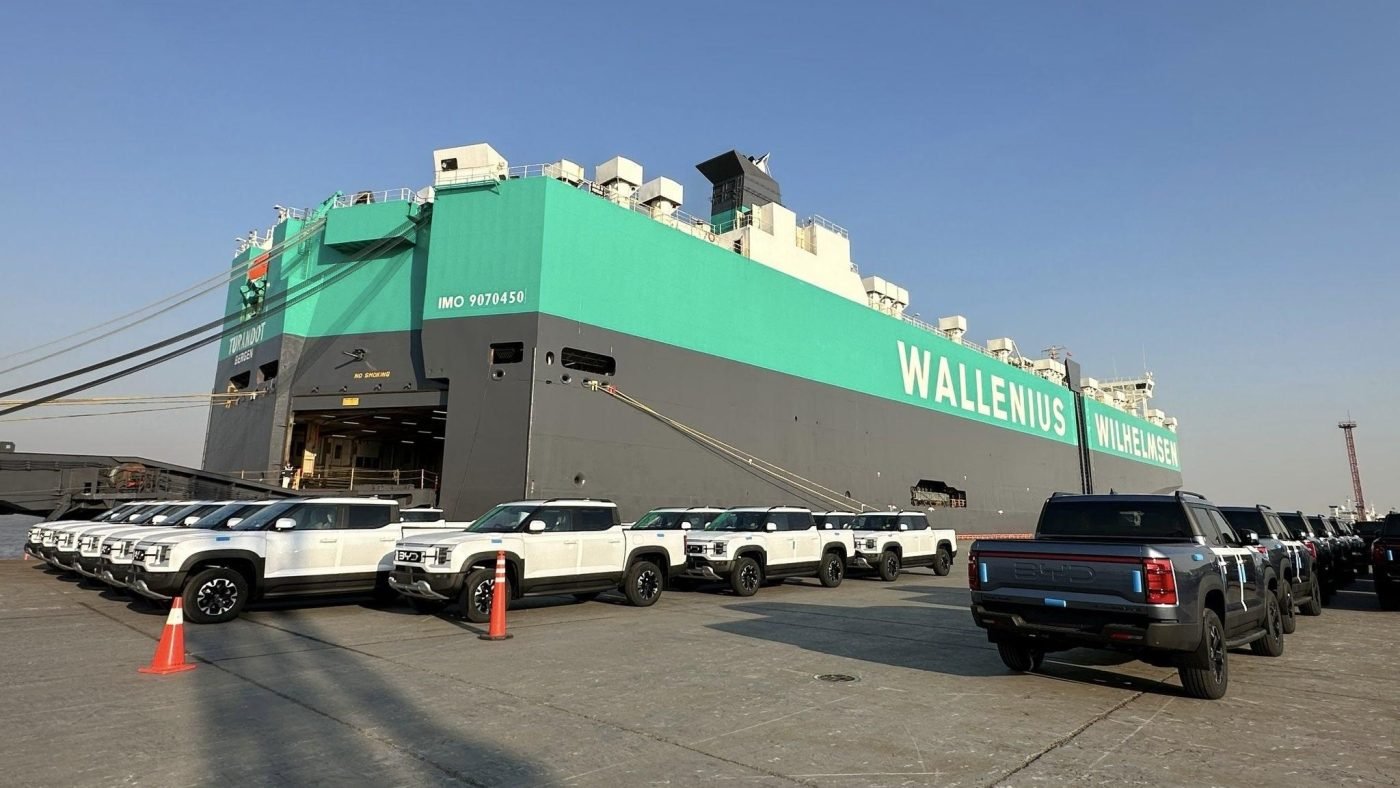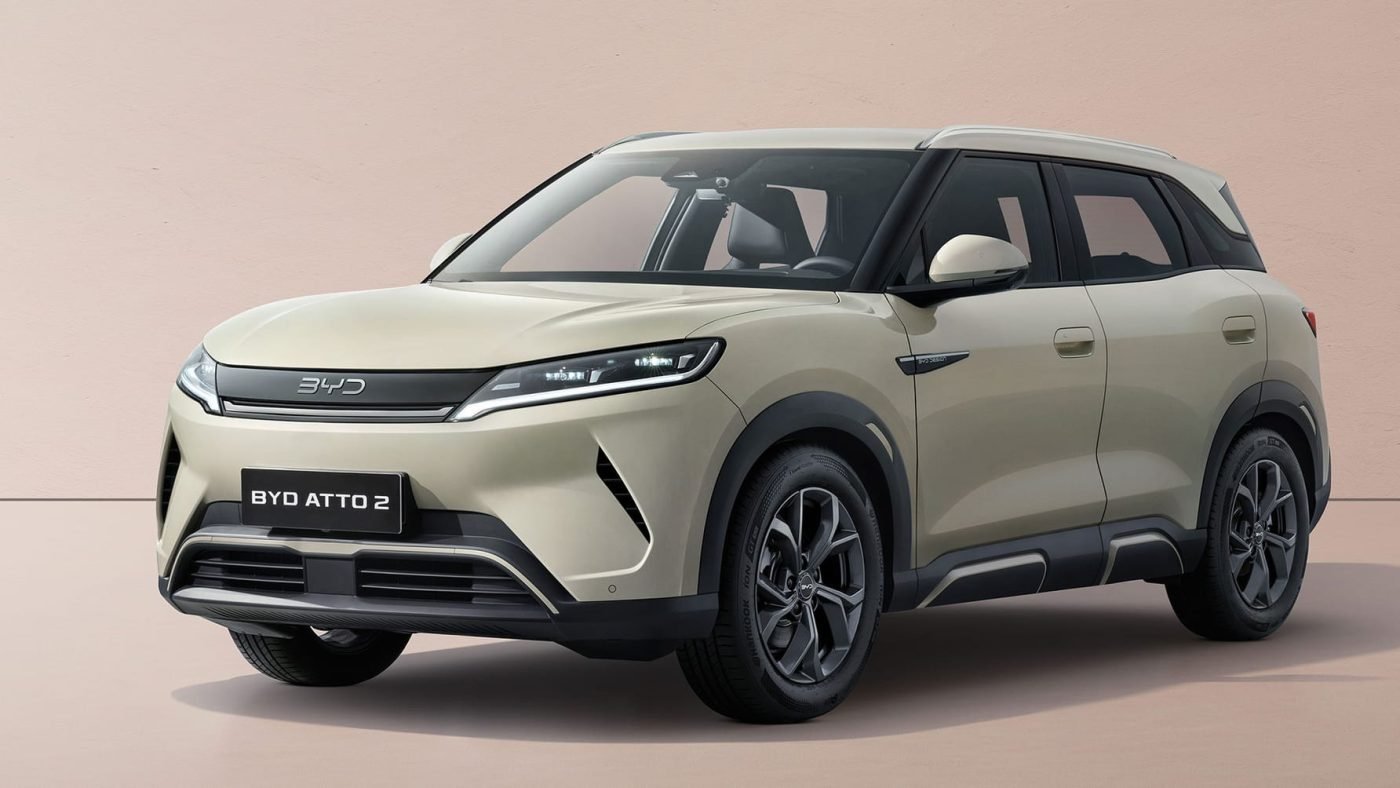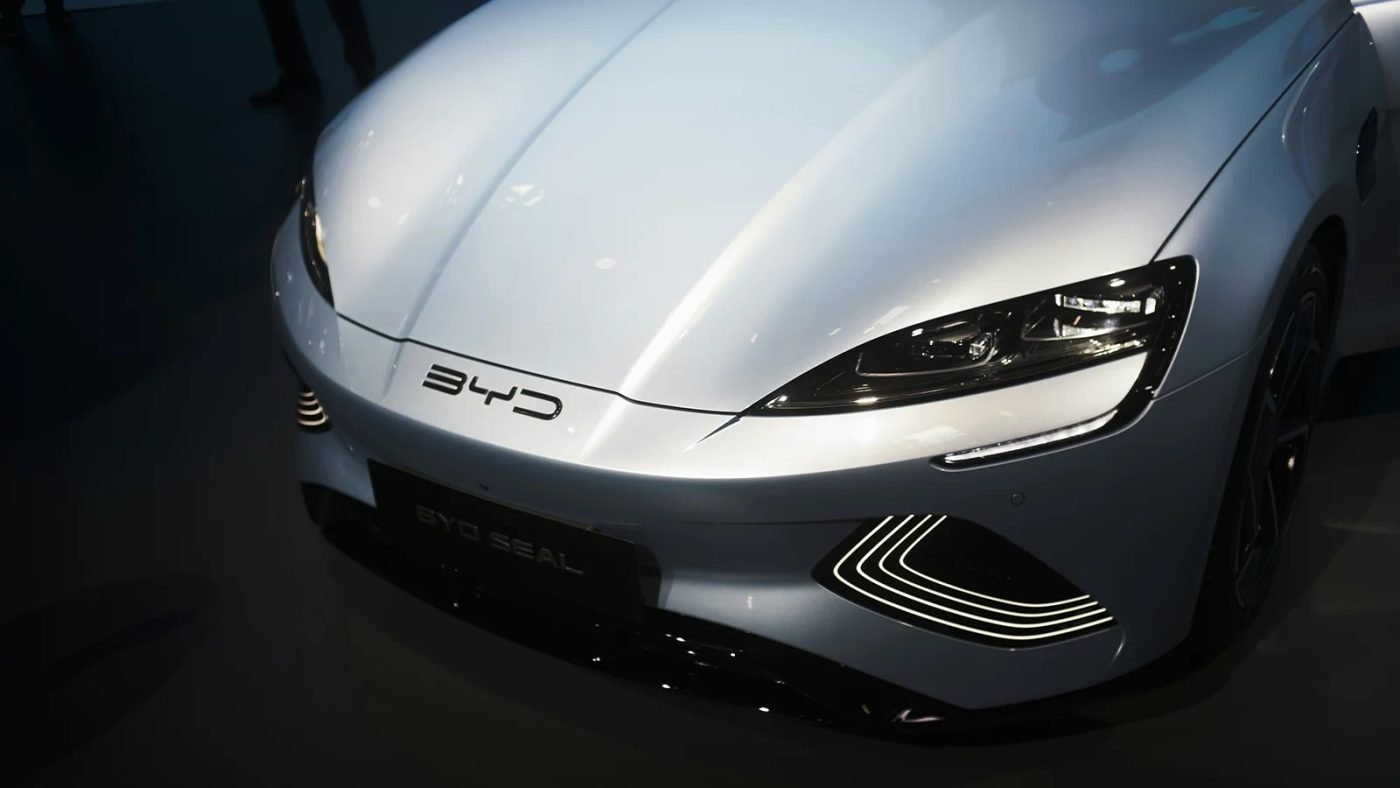More than 1,600 new BYD vehicles have been sitting at a family fun park south of Sydney.
The cars started showing up at Jamberoo Action Park back in August while the venue was closed for winter. Now, according to News, the problem is getting messy because nobody seems to be taking responsibility.
The rows of brand-new vehicles include the Shark 6 plug-in hybrid ute and Sealion 7 electric SUV.
They arrived from nearby Port Kembla and were meant to be temporary storage before heading to dealers. But the park is about to reopen for summer, and the parking lots are still packed with BYDs.
Curated news for men,
delivered to your inbox.
Join the DMARGE newsletter — Be the first to receive the latest news and exclusive stories on style, travel, luxury, cars, and watches. Straight to your inbox.
Kiama Municipal Council confirmed the vehicles aren’t legally permitted to be there. Council compliance officers inspected the site and issued notices to the property owners.
The problem is that storing cars at a recreation facility isn’t an approved use for the land.

The property owners lodged a Development Application in early September requesting a change of use to allow vehicle storage and a passenger transport facility.
That application is still being reviewed, and the council recently issued another warning to stop using the land for car storage.
BYD Australia declined to comment beyond a brief statement saying its New South Wales storage is managed by a third-party logistics partner who oversees locations around Port Kembla.
The company didn’t name the partner. BYD took over importation and distribution of its vehicles in Australia on July 1 this year after ending its arrangement with former distributor EVDirect.
It also signed a five-year deal with Eagers Automotive Limited to create the EV Dealer Group retail joint venture.

The timing isn’t great for BYD. The brand has been growing fast in Australia, becoming the first Chinese automaker to crack the top five sales in June.
It’s targeting a top-three finish by 2026. But rival GWM, which currently leads Chinese brands in sales this year, recently called BYD’s local expansion “too aggressive.”
Several automakers have set up temporary vehicle storage sites across Australia to manage excess stock, including locations in the NSW Hunter Valley.
But the scale of this operation and the lack of proper approval make it unusual. It’s a bad look for a brand trying to establish itself as a mainstream player.
Next month BYD launches four new models in Australia. The Atto 1 electric hatch promises to be the country’s cheapest EV.
The Atto 2 small SUV and the mid-size Sealion 5 and large Sealion 8 plug-in hybrids follow. BYD also launches its Denza premium brand in November with two large plug-in hybrid off-roaders, the B5 and B8.

